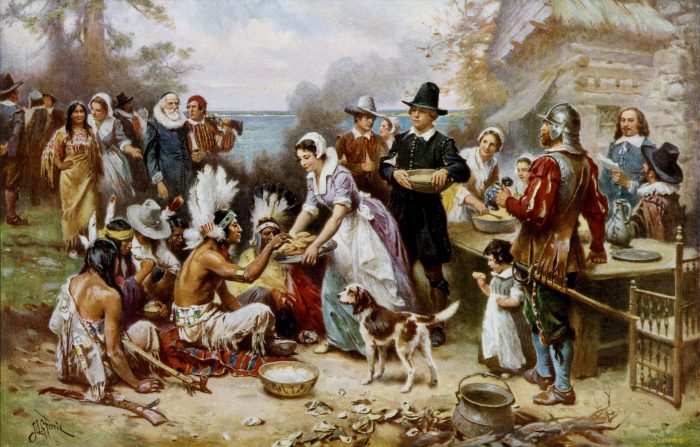In my research and writing at the moment I am looking at the troubling alliance between the church and what might be termed the ‘spirit of empire’, that is, the felt need to dominate and control others. While the church may convince herself that this is purely for altruistic purposes—to save the lost or ameliorate society and so forth—the basic problem is that ‘empire’ is fundamentally contrary to the way of the self-denying Christ. Christ did not manipulate, coerce, or dominate: he loved others and sacrificed his life on their behalf just as, as I write, many Ukrainians are preparing to do for the sake of their children and grandchildren. As I argue in my forthcoming book, if ‘sin’ is essentially self-centredness then empire is self-centredness amplified.
Like you, I am deeply troubled by the war in Ukraine and, in light of the above premise, some thoughts come to mind that, I hope, may help you to process your own thoughts. Continue reading “Light in the darkness”


